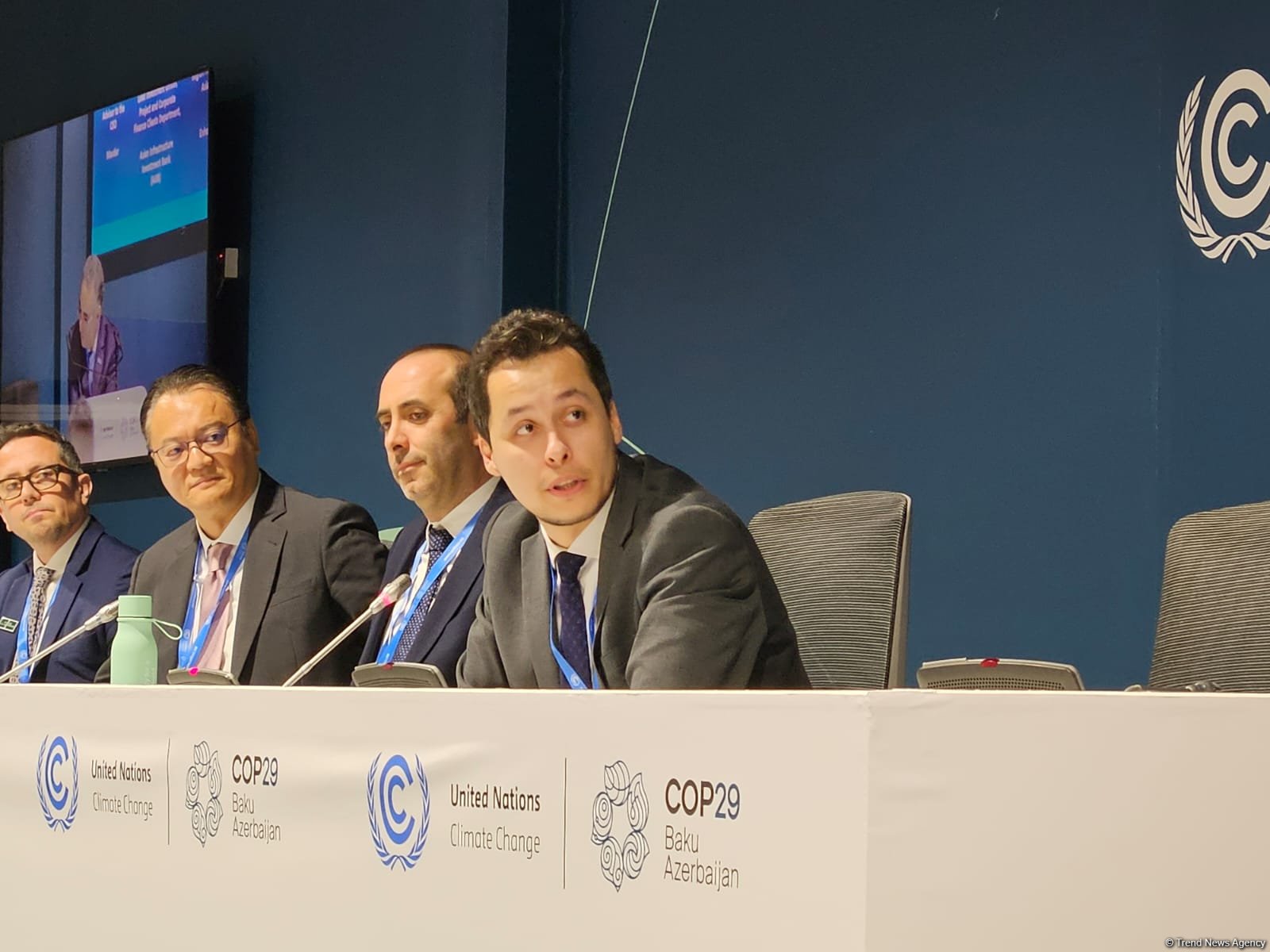All eyes are on Saudi Arabia’s burgeoning film industry as the second edition of its Red Sea International Film Festival continues to unfold this week in the port city of Jeddah, running from December 1 to 10.
The event has been playing host to an eye-popping roster of international, regional and local stars and filmmakers over the weekend, topped by the likes of Oliver Stone, Sharon Stone, Spike Lee, Guy Richie and Andrew Dominik.
The main endgame in the backdrop is to put the spotlight on the country’s burgeoning film and TV sector, which has been expanding at pace, following the lifting of the country’s 35-year cinema ban at the end of 2017 as part of a larger strategy to open-up the country’s economy and society.
In the space of five years, the country has built 580 screens, launched two major shooting locations in AlUla and Neom, and is steadily building a network of local producers, distributors and exhibitors amid demand for local content.
Deadline talked to a trio of regional executives who riding this wave.
Faisal Baltyour, Founder & CEO Cinewaves
Saudi cinema pioneer Faisal Baltyour was the first CEO of the Saudi Film Council in the wake of the lifting of Saudi Arabia’s 35-cinema ban, before he went on to create arthouse-focused distribution label Cinewaves in 2019.
Its slate is a mix of local indie moves as well as arthouse titles from across from the MENA region. The company has six distribution titles in the Red Sea selection this year. They span Saudi features Within Sands and Valley Road and festival favorites Harka, The Last Queen, How I Got There and Hanging Gardens.
What are the biggest challenges facing your company and the distribution sector?
The absence of support for local distribution companies to support the marketing and distribution of Saudi films. Most of the fund initiatives go to film development, production and post-production.
There is a huge gap when it comes to support for marketing and distribution, which is a very important part of the film cycle. Certain Saudi films would have a much greater chance of success with financial support on the marketing and distribution fronts. I’m positive this support will come once we have more local feature commercial films produced.
Where do you see opportunities?
There is a huge gap in terms of Saudi commercial films. Most feature films in the local market are artistic and mainly target festivals and not commercial cinemas. It’s good to have a balance of both.
How has 2022 been in terms of business, and what are your hopes for 2023?
We have been growing and adapting to the market place this year. We had 11 films released on Netflix, the first Saudi Horror movie, Junoon, released theatrically during Halloween, and more than 60 films officially selected and screened in local and international film festivals. It was important to us to be a leading distributor. 2023 should see the results of the strategy we put in place this year. There are many announcements to come.
Gianluca Chakra, Founder & CEO of Front Row Filmed Entertainment

Front Row Entertainment
Gianluca Chakra is the co-founder and managing director of Dubai-based, pan-Arab distribution outfit Front Row Filmed Entertainment. Founded in 2003, the company has been a driving force in the MENA region’s indie distribution sector. It was one of the first distributors to set up directly in Saudi Arabia with the creation at the beginning of 2021 of Front Row Arabia, in partnership with local exhibition company Muvi Cinemas
What are the biggest challenges facing your company and the distribution sector?
Firstly, censorship. While we know the General Commission for Audiovisual Media (GCAM) is trying its best, we still do not have clear guidelines on what passes and what doesn’t.
Often indie distributors take the risk in acquiring titles which could get banned in the territory. In the past, MENA contracts used to come with censorship clauses however, nowadays, these are not bankable and all the risk then falls onto the distributor who is contracting the film.
This is not solely a Saudi issue but throughout the whole MENA and it is often down to whoever is watching the film that could ban a film based on a sentence and out of context.
Secondly, film hire terms. Indie and local language film distributors are penalized where the exhibitors in Saudi have decided that indie and local cinema must be paid less than any other major or Bollywood distributor. Local language films represent 8.2 % of all films released, or 33 titles out of 401 (in 2022), but represent almost 30% of the admissions. It is a massive contradiction when exhibitors say that they are encouraging local content.
Lastly, there is a conflict of interest coming from exhibitors also acting as distributing studios.
Where do you see opportunities?
The market is slowly reaching a plateau. There is still some sort of growth however it needs to be refined. Proof of this is that many exhibitors have now decreased their average ticket price from $17 to approximately $12 and in some cases US$ 10.5 on week days.
Many exhibitors have now significantly slowed down their expansion plans. Every single film is currently being released in every single cinema circuit where often most are “burnt” when tentpoles are released.
Think the opening weekend of Spider-Man when multiplexes opened the majority of screens to it, cramping the 10 other releases onto three, four screens. Counter programming often goes out the window irresponsibly leaving that space for the streamers to fill in that gap.
When it comes to indie and local language film distribution, we’re going to look for the best source of revenue and visibility our titles can get which doesn’t necessarily mean that all titles are going to be released theatrically.
The opportunity now relies on community screens and high-end arthouse cinemas, in the vein of brands like Landmark Cinemas, Everyman, Curzon, where you can tap an audience which the current multiplexers aren’t satisfying… simply because they can’t nor have the knowledge to entertain such programming. This is a massive opportunity.
Lastly, content is key in driving the theatrical sector. This is also where the real opportunity is. Now is the time to develop better content.
In the past this was led by Free TV sales whereas now you have a massive theatrical window opportunity before having the local or global streamers step in, or bringing them in from the start.
Once again, in order for the streamers, and specifically global streamers to grow and gain more subscribers, the answer is also local content, and also content that could travel. This means that when it comes to production and development hubs, the competition is going to higher which would eventually lead to better quality of films, shows.
How has 2022 been in terms of business, and what are your hopes for 2023?
It’s been great. We actually had the biggest anime opening in the history of Saudi Arabia with One Piece Film Red. We released our first film, which was the first Netflix original (Perfect Strangers). We also shot our second film and this time it’s an original, we’ll have more news on that soon, and distributed our first Saudi film Route 10, in collaboration with Imagenation and MBC Studios and sold our first Saudi film to Netflix globally.
For 2023, we have three feature films lined up to shoot, including our Arab language remake of Intouchable and two TV shows we have been developing for most of 2021 and 2022.
Alaa Fadan, Co-founder & CEO Telfaz11

Alaa Fadan is co-founder and CEO of burgeoning Riyadh-based film and digital content production and finance company Telfaz11. The company, which cut its teeth via YouTube prior to the lifting of the cinema ban, is one of Saudi Arabia’s buzziest content companies. Telfaz11 is at the Red Sea Film Festival this year with three feature films: action-comedy Sattar; dark comedy Raven Song, which is Saudi Arabia’s Oscar entry this year; and the satirical suspense comedy Khallat+.
What are the biggest challenges facing your company and the production sector?
Production resources – from creatives, to crews, to distribution. On several of our projects this year, we had to fly in teams from outside of Saudi, from places like Tunisia and Egypt. We see this trend continuing for the near future, or at least until the local market starts seeing more of this type of talent emerge. There are a few experienced film producers in Saudi and, with so much competition in this new landscape, the few experienced Saudi crews tend to be overbooked.
Similarly, it is very hard to find strong local script writers for films, so our process usually takes longer and needs more doctoring than in other more developed markets.
Where do you see opportunities?
The opportunity is clear to us, to create films that are at the intersection of culture and creativity, to tell Saudi stories and pave the way for Saudi films to be seen and appreciated both locally and globally.
How has 2022 been in terms of business, and what are your hopes for 2023?
Perhaps most importantly, on 11/11, Telfaz11 celebrated our 11th year with the start of our 11th film. While 2011 was the year of our founding, the number 11 symbolizes for us the idea that we always go above and beyond. If everyone else is measuring themselves on a scale of 1 to 10, we want to be an 11. It’s at the heart of everything we do.
2022 has been such a significant year for Telfaz11, kicking off our films slate under Telfaz11 Studios and working on developing two new premium series, re-launching our digital arm with a number of new digital shows, bringing in key strategic partners such as SRMG, and celebrating 11 amazing years of Telfaz11 creations.
We hope to see growth in the market especially in the cinema box office that we’re helping to find its footing, and to create a sustainable business around filmmaking in the Kingdom. We hope our films leave a mark with the audience and tell our stories in a way no one has ever done so before, bringing in a new perspective and a new dialogue around Saudi culture.





















Discussion about this post